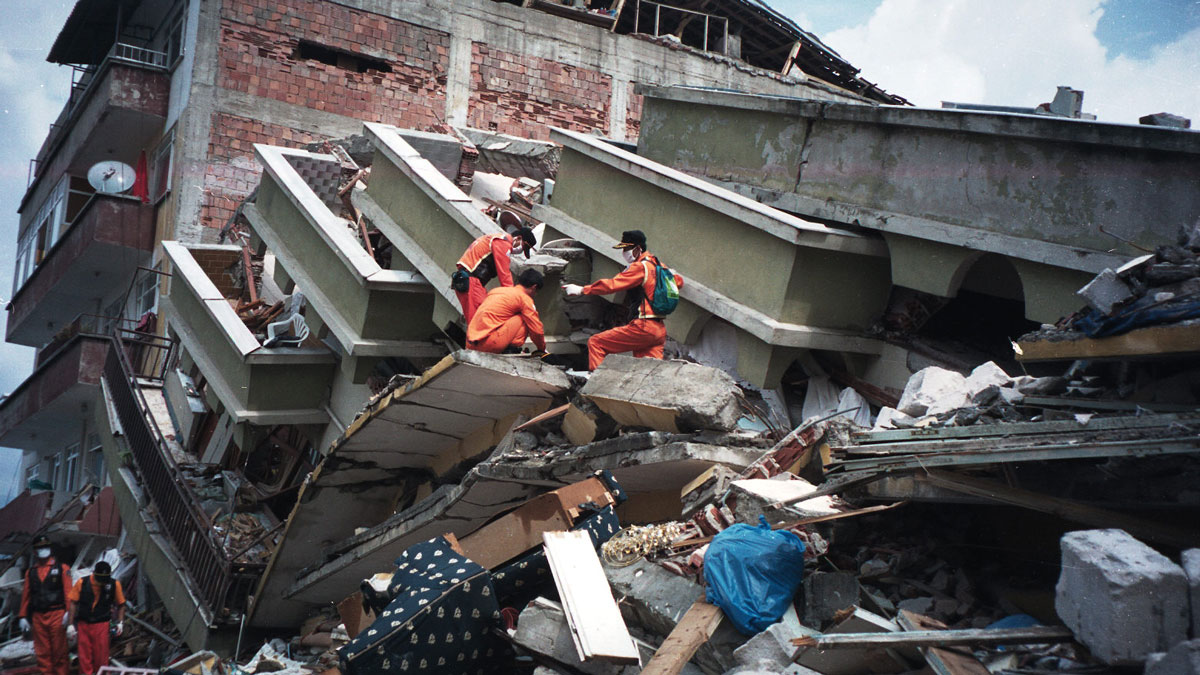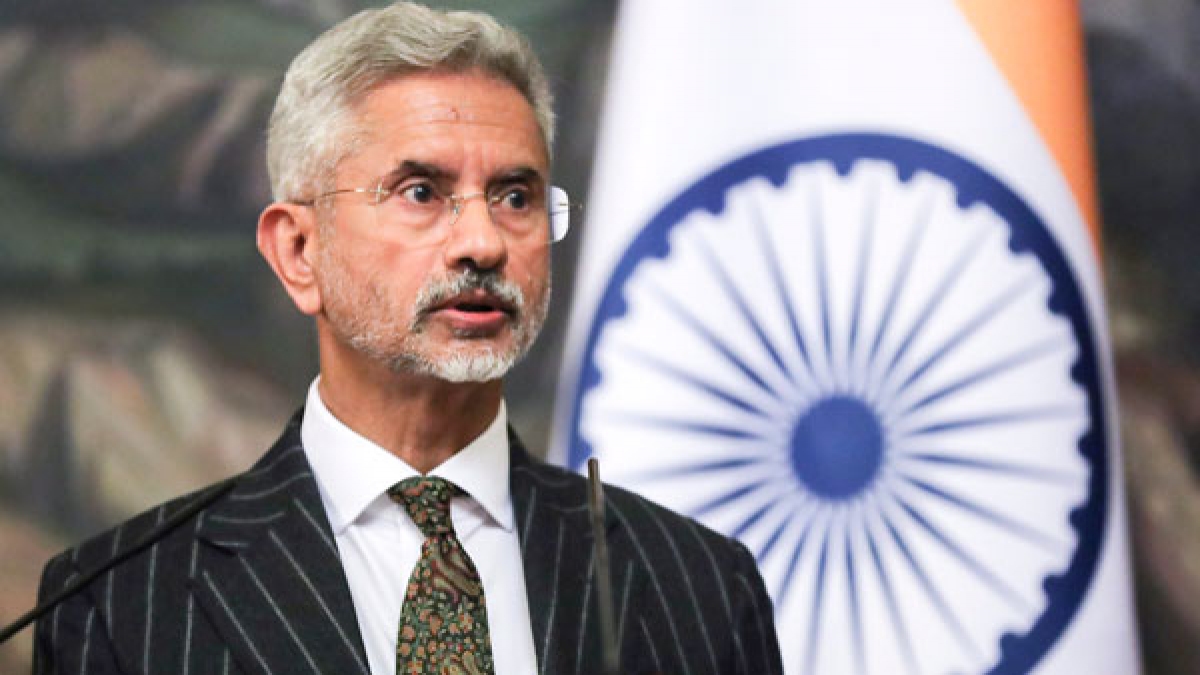A disaster of the century
Turkish President Recep Tayyip Erdogan on Wednesday conceded "shortcomings" after criticism of his government's response to the massive earthquake that has killed over 15,000 people in Turkey and Syria. The sprawling scale of the disaster that flattened thousands of buildings, trapping an unknown number of people, has swamped relief operations already hampered by freezing weather.
Survivors have been left to scramble for food and shelter -- and in some cases watch helplessly as their relatives called for rescue, and eventually went silent under the debris.
Lessons to learn
The recent earthquake that struck Turkey serves as a reminder of the importance of disaster preparedness and the consequences of neglecting to implement measures that can mitigate the impact of such events. Here are some lessons that densely populated countries can draw from this tragedy:
Importance of proper building construction: The earthquake highlighted the importance of building construction that is earthquake-resistant. Buildings that are not constructed to withstand earthquakes can quickly collapse, resulting in massive casualties. This underscores the need for building codes and regulations to be enforced to ensure that all structures are built to a high standard of safety.
Emergency response preparedness: The earthquake serves as a reminder of the importance of having a well-equipped and trained emergency response team. The speed with which emergency services arrive at the scene of a disaster can mean the difference between life and death for many people. In densely populated areas, it is critical for emergency services to be able to quickly and effectively respond to disasters.
Evacuation and shelter planning: The earthquake highlights the importance of having an evacuation and shelter plan in place. In densely populated areas, it is critical for residents to know what to do in the event of an earthquake and where to go for safety. This requires the creation of evacuation routes and the identification of safe locations for residents to seek shelter.
Community education and awareness: Communities must be made aware of the risks posed by earthquakes and the steps they can take to prepare for such events. This includes education on how to react during an earthquake, such as "Drop, Cover, and Hold On," and information on the importance of disaster preparedness.
Investment in technology and early warning systems: In densely populated areas, investment in technology and early warning systems can save lives by providing advance warning of an impending earthquake. This can give people time to evacuate or take cover, reducing the number of casualties.
Risk assessment and mitigation planning: Governments must assess the risks posed by earthquakes in densely populated areas and implement mitigation measures. This includes the reinforcement of critical infrastructure, such as bridges and highways, and the retrofitting of buildings to make them more earthquake-resistant.
Collaboration and coordination: In the aftermath of a disaster, collaboration and coordination between various government agencies and the private sector are crucial. This includes the coordination of emergency response efforts and the provision of aid and assistance to those affected by the disaster.
In conclusion, the earthquake in Turkey serves as a powerful reminder of the importance of disaster preparedness and the consequences of neglecting to implement measures that can mitigate the impact of such events. Densely populated countries must take these lessons to heart and take the necessary steps to protect their residents from the dangers posed by earthquakes. This includes investing in technology and early warning systems, ensuring that buildings are constructed to a high standard of safety, and preparing evacuation and shelter plans.








 OpinionExpress.In
OpinionExpress.In















Comments (0)